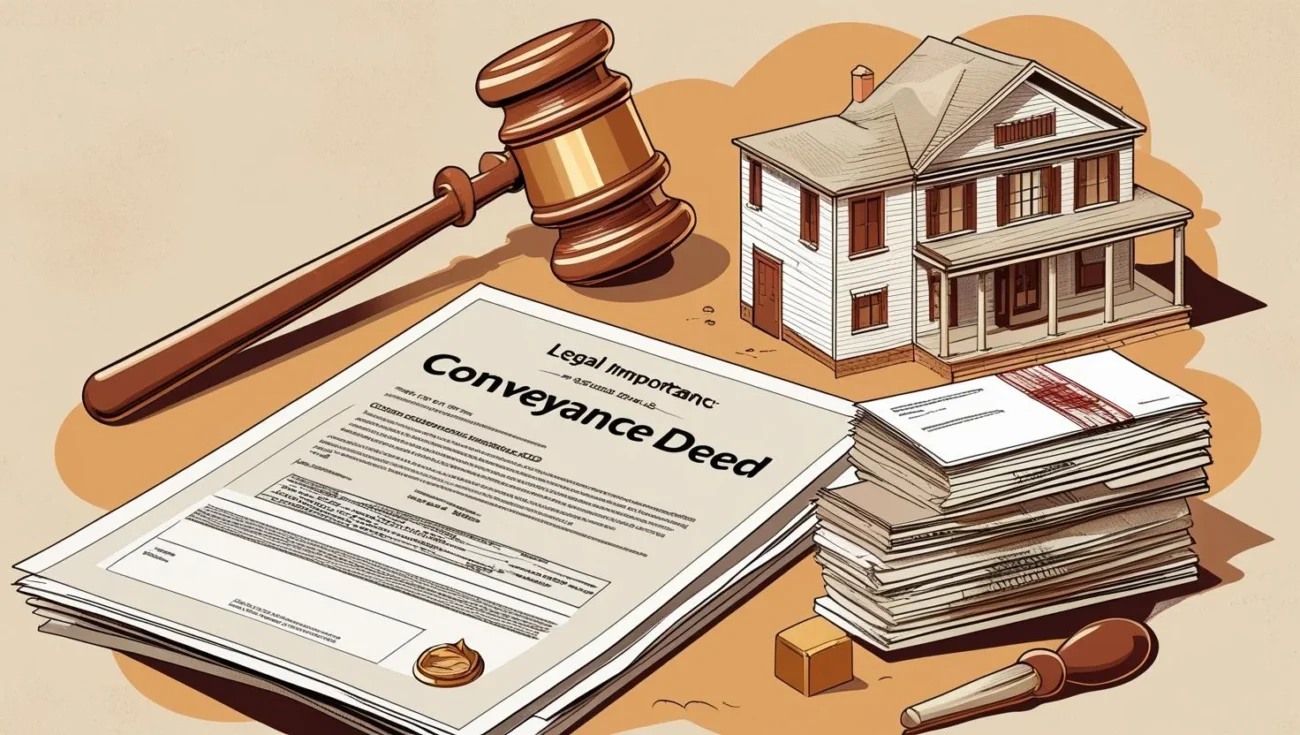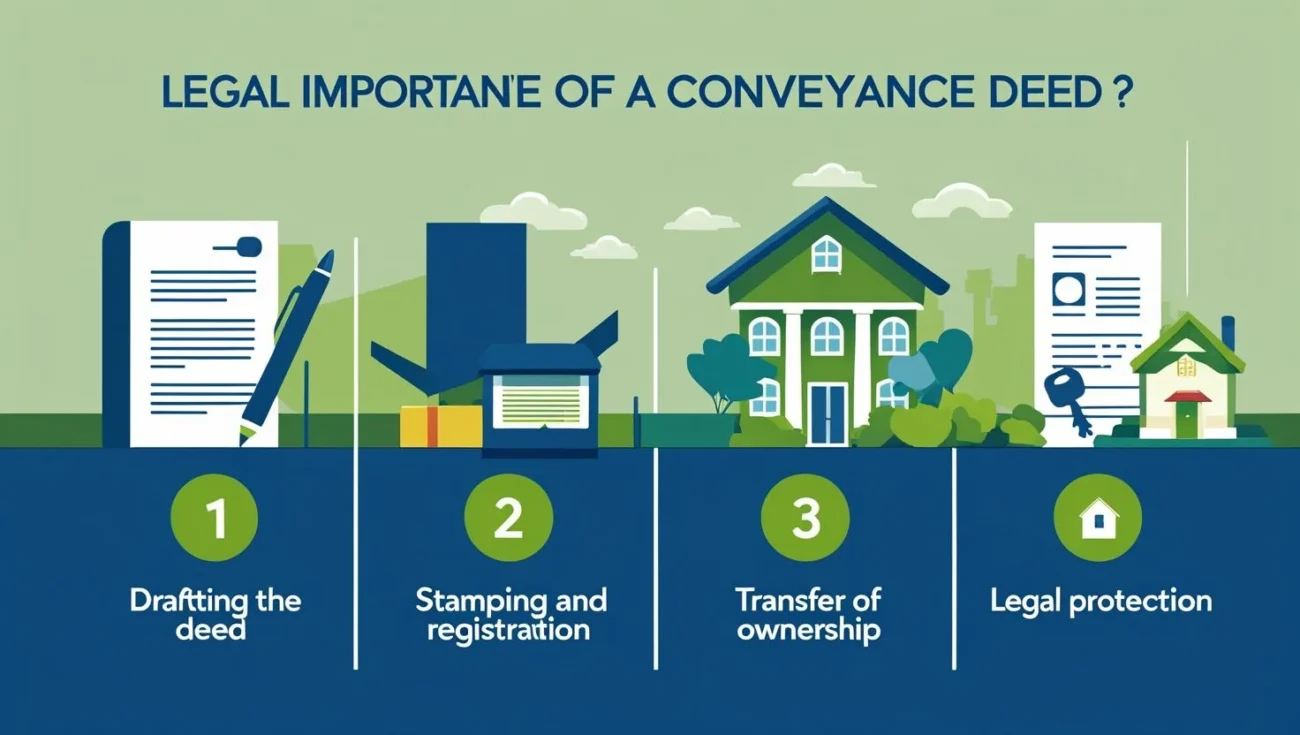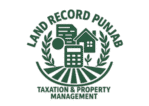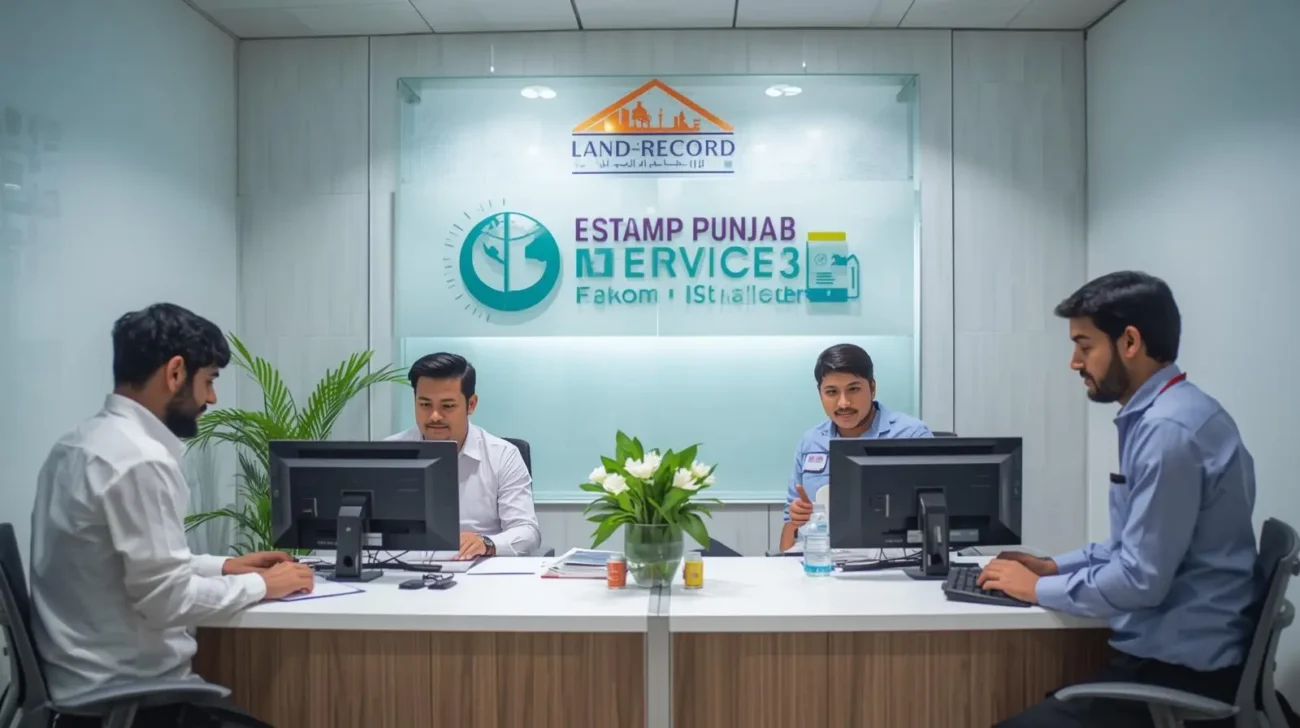In Pakistan, Conveyance Deed is an important legal document for property transactions. It confirms transfer of ownership from seller to buyer. Regardless of the nature of the property, residential, commercial or agricultural, this document facilitates the legal transfer of ownership. Protection of ownership without a properly executed deed of conveyance is impossible and disputes regarding the rights of the parties may arise easily. It is, therefore, one of the most important tools in the real estate industry of Pakistan.
With the deed of conveyance, all rights, titles, and interests in a property is conclusively considered to be transferred and, therefore, it is often needed for sale of houses, flats, commercial plots, and in cooperative housing societies. This document is equally respected and recognized by courts, government authorities and real estate agencies which is why it is critical for all parties.
Why a Conveyance Deed is Important in Pakistan
The real estate sector in Pakistan is quite vibrant, with a multitude of property deals occurring on a daily basis. In this regard, Conveyance Deeds are indispensable. Trusting verbal contracts or informal agreements is unrealistic as legal disputes would arise, thus ownership of property is evidenced with a registered deed.
Without a legally recognized deed of conveyance, a purchaser may struggle with having their ownership marked in the official land revenue files. There arise issues with selling, collateralizing the property for bank loans, or even passing it down as an inheritance. Ownership laws fraud are rampant, but with a deed, these are minimized, and a secure legal basis for ownership claims is provided.

Conveyance Deed Classification in Pakistan
Owing to the diversity of property transactions, multiple forms of Conveyance Deeds are recognized under Pakistan’s legal framework.The Absolute deed of conveyance is the most prevalent form, conferring upon the purchaser unrestricted ownership and absolute rights to the property. Another form would be the conditional Conveyance Deed which only comes into effect after certain terms such as payment or a contract are completed.
In cooperative housing societies or government-allotted schemes, a deed of conveyance is used to assign collective ownership of registered property to individual members. Similarly, agricultural deeds may incorporate specific provisions based on regional or local laws. Such measures ensure that all forms of property transfers, be they private or public, are legally verifiable and safeguarded.
Conveyance Deed Format in Pakistan
In Pakistan, the deed of conveyance format adheres to the prescribed legal framework. It opens with the legal and contact particulars of the parties such as the full name, CNIC, and address of each party. The description of the property is provided next, covering the location, size, plot number, and even metaphorical boundaries.
The deed outlines “consideration of sale” as the sum accepted by both parties involved in the transaction which is to be paid at the deed signing. The deed also carries a declaration by the seller regarding ownership and the absence of disputes, claims, encumbrances, or pending claims.
The format also requires payment acknowledgment with requisite signatures of both parties, appendices of witnesses, along with a seal from a sub-registrar or the appropriate land authorities. Such framework guarantees that the Conveyance Deed serves its intended purpose without gaps and protects the interests of all parties involved.
Conveyance Deed vs Registry in Pakistan
In Pakistan, many people mistakenly conflate a Conveyance of Deed with a Registry, despite their distinct legal functions. Most people think they are the same. The deed of conveyance constitutes the primary legal document through which ownership is transferred, whereas the Registry represents the administrative process by which such transfer is formally inscribed into government records.
To put it simply, the Conveyance of Deed is the deal struck between the purchaser and the vendor while registry is the state’s validation of the deal. All phases are required in attaining legal ownership. In the event that registration is skipped, legally the deed of conveyance is of almost no use, as authorities and courts only accept documents which are registered.
This is the reason why both sellers and buyers must ensure not only the deed is executed but it is registered at the appropriate land revenue office of the province.
Registration of Conveyance Deed in Pakistan
Conveyance Deeds in Pakistan are registered under the Registration Act, 1908. This Act stipulates that all transfers of property must be registered at the relevant sub-registrar’s office. Under this Act, both parties must be present for registration, provide valid identification, and pay the applicable stamp duty and registration fees.
The registrar authenticates and detects any forgery, if present and subsequently, adds the transaction to the government registry. A Conveyance of Deed that has been registered can be presented in courts and serves all intended legal and administrative functions, including issues related to inheritance and property development.

Legal Importance of Conveyance Deed
The Conveyance of Deed has the greatest legal significance in Pakistan.This document serves as the principal evidence in matters relating to property disputes, inheritance issues, and allegations of fraud. It is also a prerequisite for banks and housing and development authorities when properties are to be mortgaged, sold, or leased.
The deed of conveyance ensures that a property cannot be sold multiple times and that ownership is definitive and traceable by guaranteeing a chronological record of ownership. It is essential for confirming ownership in advance during government acquisitions, urban development projects, and other housing schemes.
Challenges in Conveyance Deed Transactions
The deed of conveyance process in Pakistan holds vital importance, though it is frequently accompanied by procedural difficulties. These include claims of ownership that are fraudulent, forged documents, and bureaucratic corruption in land offices. Many buyers are defrauded because they place their trust in unofficial contracts instead of properly registered deeds.
Another major concern is the lack of public awareness. The general public is not aware of the need for registration, assuming that private arrangements are adequate. This lack of awareness often causes unnecessary conflicts which could have been prevented if the appropriate Conveyance of Deed had been executed.
The Digitization of the Conveyance Deed Process
To address these issues, Pakistan is taking initiatives towards digitization of the land records. In Punjab, the Punjab Land Records Authority (PLRA) has introduced computerized systems to facilitate the registration of deed of conveyance. The other two provinces, Sindh and Khyber Pakhtunkhwa, have also initiated modernization of their land revenue systems.
This form of digitization assists in the elimination of fraudulent activities and the speed of processing land documents. The introduction of online property record systems has greatly minimized instances of fraudulent activity. As more buyers and sellers turn to digital means, having access to verify property details prior to transactions boosts trust within the real estate domain.
Final Remarks
The Conveyance of Deed, being the most basic and integral document in Pakistan rest aspects of real estate transactions. The deed is regulated for different purposes with various property types, and comes with a defined counter template, has a registration checklist, and is verified against the official registry to facilitate ownership transfers with precision, security, and full legal enforceability.
As Pakistan advances toward the digitization of land records, the role of the Conveyance Deed will become increasingly significant. Awareness of its importance by buyers, sellers, and investors is essential to ensuring the protection of their interests and the avoidance of conflicts. Compliance with legal requirements and adherence to proper documentation will foster secure and credible property transactions, establishing long-term reliability across generations.


